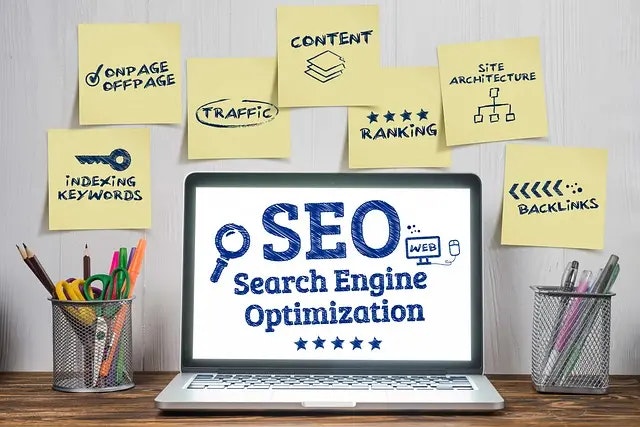Part 1: What Is SEO
What Is SEO?
SEO (Search Engine Optimization) influences Google rankings and website traffic through various strategies beyond traditional SEO methods, including PR, copywriting, content marketing, sales, product development, web design, UX, branding, and community management.
4 Main Components of SEO
Keywords
Keywords are specific words or phrases that summarize the main topics or ideas in a piece of content. They help search engines and readers quickly understand what the content is about, improving discoverability and relevance. For example, in an article about dogs, keywords might include "dog," "pet," and "training."
On-Page SEO
On-page SEO refers to optimizing individual web pages to improve their search engine rankings and visibility. It involves using keywords, meta tags, headings, and quality content to make pages more relevant and user-friendly, helping search engines understand and index the content effectively.
Off-Page SEO
Off-page SEO involves actions outside a website to boost its search engine rankings. It focuses on building backlinks, social media engagement, and brand mentions to enhance authority and credibility, signaling to search engines that the site is trustworthy and relevant.explain backlinks furthersocial media marketing
Technical SEO
Technical SEO optimizes a website’s infrastructure to improve search engine crawling and indexing. It includes enhancing site speed, mobile-friendliness, security (like HTTPS), and fixing errors like broken links, ensuring the site is accessible and efficient for both users and search engines.

